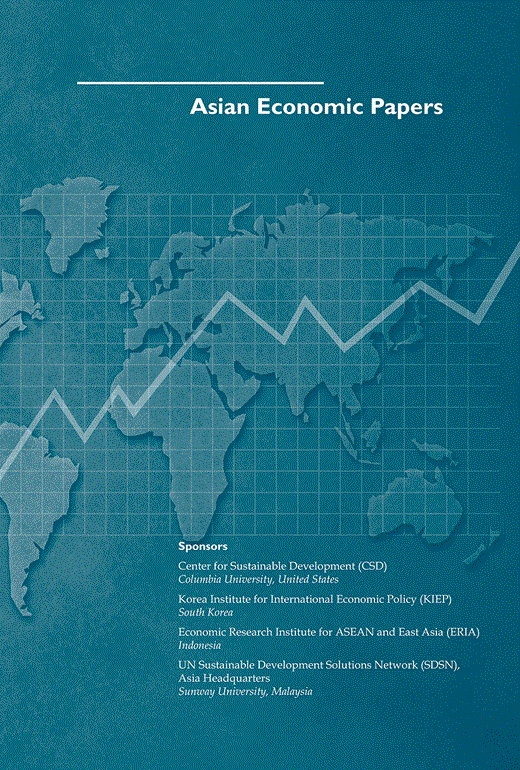COVID-19: Malaysia Experience and Key Lessons*
IF 5.3
3区 经济学
Q1 ECONOMICS
引用次数: 12
Abstract
Abstract Malaysia has been relatively successful in managing the COVID-19 pandemic, with the number of deaths and infections lower than neighboring countries and many developed economies. This paper will share Malaysia's experience in fighting the pandemic, particularly the key success factors in managing the health impact during the period of January to August 2020. The speedy preparation and planning by the Health Ministry even before the country registered its first case was instrumental in ensuring that the country was ready to face the pandemic. Lessons learned from previous experience with epidemics such as Nipah, SARS, MERS, and H1N1 were also key to the speedy responses. Effective communication helped to ensure the public's support of measures imposed by the government to reduce the spread of the virus. However, while the country managed the health crisis relatively well, the handling of the economy is rather poor, with the economic impact being much worse than what was experienced during the 1997–98 Asian financial crisis, and the 2008–09 global financial crisis. This paper will end with suggestions of several policy interventions to mitigate the economic impact of COVID-19, particularly for vulnerable groups.2019冠状病毒病:马来西亚的经验和主要教训*
马来西亚在应对新冠肺炎大流行方面相对成功,死亡和感染人数低于邻国和许多发达经济体。本文将分享马来西亚在防治这一流行病方面的经验,特别是在2020年1月至8月期间管理健康影响的关键成功因素。卫生部甚至在该国登记第一例病例之前就迅速做好准备和规划,这有助于确保该国做好应对大流行病的准备。从以往应对尼帕、SARS、中东呼吸综合征和H1N1等流行病的经验中吸取的教训也是快速反应的关键。有效的沟通有助于确保公众支持政府为减少病毒传播而采取的措施。然而,虽然该国对卫生危机的管理相对较好,但对经济的处理相当差,其经济影响比1997-98年亚洲金融危机和2008-09年全球金融危机期间所经历的要严重得多。本文最后将提出若干政策干预措施建议,以减轻COVID-19的经济影响,特别是对弱势群体的影响。
本文章由计算机程序翻译,如有差异,请以英文原文为准。
求助全文
约1分钟内获得全文
求助全文
来源期刊

Asian Economic Papers
ECONOMICS-
CiteScore
7.50
自引率
0.00%
发文量
16
期刊介绍:
The journal Asian Economic Papers (AEP) is supported by several prominent institutions, including the Center for Sustainable Development at Columbia University in the United States. This shows that there is a strong emphasis on sustainable development within the journal's scope. Additionally, the Korea Institute for International Economic Policy in South Korea, the UN Sustainable Development Solutions Network (SDSN) in Malaysia, and the Economic Research Institute for ASEAN and East Asia in Indonesia also sponsor AEP. The articles published in AEP focus on conducting thorough and rigorous analyses of significant economic issues pertaining to specific Asian economies or the broader Asian region. The aim is to gain a deeper understanding of these issues and provide innovative solutions. By offering creative solutions to economic challenges, AEP contributes to the discourse and policymaking that impact the Asian economies and region as a whole.
 求助内容:
求助内容: 应助结果提醒方式:
应助结果提醒方式:


